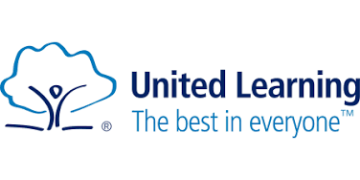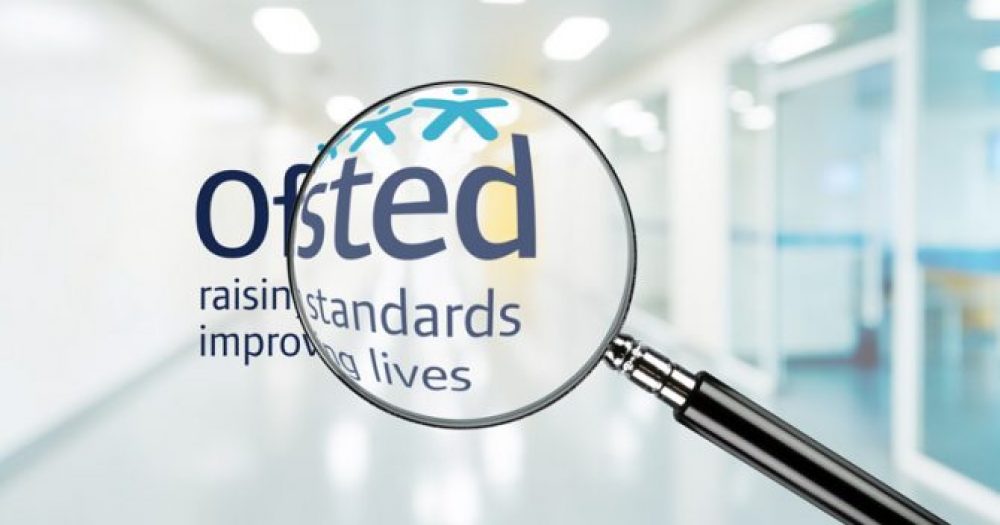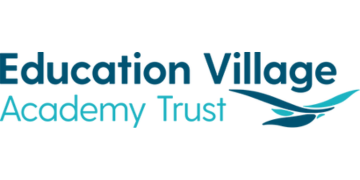Ofsted has today published a summary of what they found during their first “interim visits” of colleges and training providers that are taking place this autumn.
A total of 36 providers were visited between September and October – the majority of which (22, or 61 per cent), were previously judged as ‘requires improvement’.
While the visits do not result in an inspection grade, they do produce a published letter which tells the public how each provider is “coping with this challenging start to the new academic year” in the face of Covid-19.
Here are five things we learned.
1) Financial pressures weighing down on leaders
Many of the leaders interviewed by Ofsted said the pandemic had increased their costs at the same time as reducing their income streams and destabilising future funding.
Examples of costs that had increased included remote learning: purchasing IT equipment, licences for software, online servers, upgrading Wi-Fi, purchasing laptops for staff and learners, and buying and posting textbooks and workbooks to learners.
Day-to-day running costs to make sites Covid-19 secure, such as buying hand sanitiser, have also shot up, as have staffing costs, such as additional pastoral support and increased cleaning. Induction costs have also risen, such as extended induction courses to develop learners’ digital skills.
Leaders had seen a fall in income due to their inability to run commercial events during the pandemic.
They were responding to these increased pressures in “different ways”. Some leaders had “restructured their staffing and pay models and had reviewed recruitment for staff, either delaying hiring new staff or furloughing existing staff”.
A few leaders of community learning and independent providers told Ofsted they were “frustrated” because they felt there had been “comparatively little support for them compared with other providers in the sector, such as colleges”.
2) DfE’s skills toolkit ‘restricting’ provider
Some leaders told inspectors they were looking to “diversify their courses” to increase income, for example, by training staff to deliver new courses in new areas, such as adult education.
However, one leader said that they are concerned about the long-term security of adult courses as it is an already “flooded market”.
They saw the Department for Education’s skills toolkit, which launched in April and directs the public to already-existing free online digital, numeracy and work readiness courses to adults, as “potentially restricting which areas they could diversify their business into”.
The provider is not named in Ofsted’s report.
Commenting on the finding, Mark Dawe, chief executive of a private provider called The Skills Network, said he “understands there is a concern from some” about free courses putting providers off of moving into certain subject areas, but insisted there is “so much more to offer”.
“I can see where there might be a concern but it is more about thinking who are the learners and employers we are supporting?” he told FE Week. “If they want to use a free resource and that is adequate, then fine, but there is a whole group that need more support than just these online resources.”
The DfE said the toolkit is not designed to be representative of the breadth of training providers can offer in terms of subject matter or course delivery.
3) Course content has shifted
Ofsted found that providers’ move to remote learning often resulted in “shifting around of course content, for example teaching theoretical work during the first national lockdown and fitting in practical sessions in the autumn”.
Meanwhile, leaders had also identified that some of their courses “did not fit the needs of the changing job market”, which prompted them to “devise new courses or modify content within existing courses”.
For example, some were running new courses to develop learners’ virtual interview skills and vocational IT skills.
4) Increase in health and social care subject admissions
Inspectors found that some providers saw an increase in learners signing up for health and social care and science, technology, engineering and mathematics (STEM) subjects and a decrease in learners signing up for travel and tourism courses.
Staff said these changes were due in part to “increasing interest among learners in healthcare and science as a result of the pandemic”.
5) Employer relationships have grown ‘stronger’
“Many” of the providers that Ofsted visited felt their relationship with employers and other organisations had “improved through increased communication” over the pandemic period.
Leaders in a few providers had even formed “local networks” with each other and other stakeholders to share good practice.
And in two instances, the “supportive relationships” formed during the pandemic resulted in a stakeholder joining the provider’s governing body.







This is genuinely useless ‘research’. What was the point of these visits? Ofsted have told us nothing since March. Research in to the usefulness of Ofsted is long overdue.